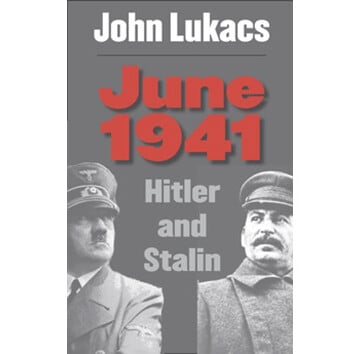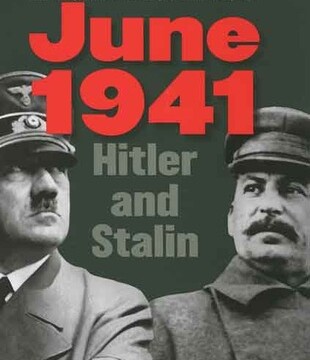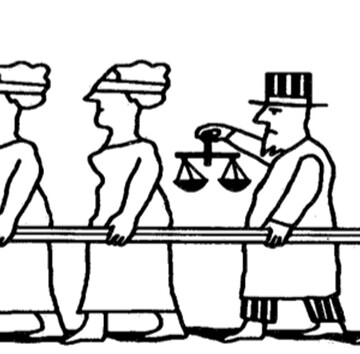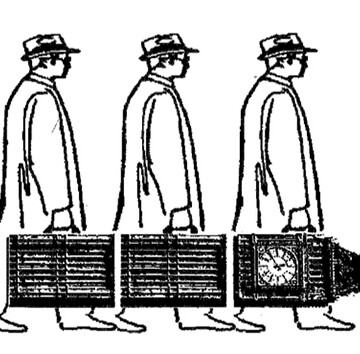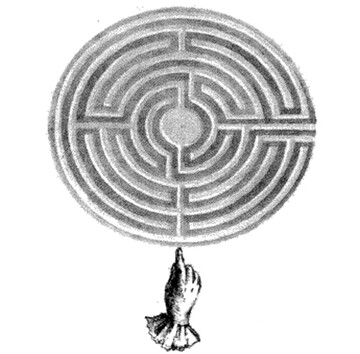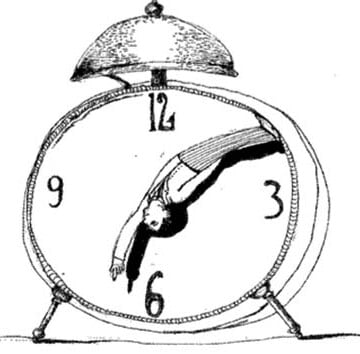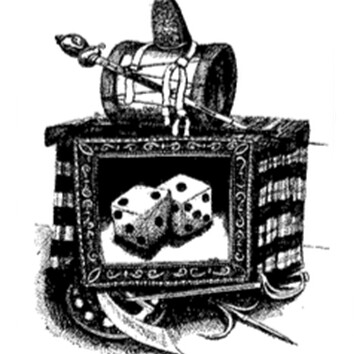[This review was first published in the October 2006 issue of Chronicles.] If Hitler struck at the Soviet Union to get at Britain, recalling Napoleon’s attempt in 1812 to cut Britain away from the Continental trading system, Stalin’s response to Hitler (Lukacs insists) powerfully reflected his own animosity to Britain. In each case, hostility to...
Author: Jeremy Black (Jeremy Black)
Dinner in Moscow
June 1941 is an important and valuable book. Rather than provide the lives of Hitler and Stalin in parallel, historian John Lukacs seeks carefully to probe the dynamic of the relationship between the two men in order to illuminate a pivotal moment in world history. At this, he is brilliantly successful. Lukacs’s spare account, devoid...
Arms, Violence, and the State A Historical Perspective
Governments today seek to monopolize violence and to control the ability of people to defend themselves, their families, and their communities. In doing so, governments present themselves not only as representatives and protectors of their people, but also as the necessary end of the historical process. These views can be contested, not only by appealing...
Johnny Bull Can’t Read
Education has long been a political hot potato in Britain. For decades it has been the central issue that links national politics to the politics of the localities, the politics of class, and the politics of party. This might appear surprising in a society where over 90 percent of schoolchildren are educated in government schools,...
British and American Elections: A Comparative Look
In June 1996, the funding of British politics came to front page prominence with a controversy over the funding of political opposition to greater integration within the European Union. This opposition, organized by Bill Cash, a backbench (i.e., non-office-holding) Tory MP, was offered funds by Sir James Goldsmith, a very wealthy Anglo-French entrepreneur mostly resident...
Government and the Press
In comparison with its modern rivals, capitalism is the most attractive form of socioeconomic organization for conservatives. Capitalism has moved the democratization of society in a conservative direction, because at the same time that the differing wealth and income of individuals ensures that their purchasing power varies, each is a consumer able to make his...
Whig History and Lost Causes
It is totally misleading to present history as if its course was inevitable. The past cannot be understood if the elements of chance and contingency are ignored. To assume that what happened was bound to happen—the teleological interpretation of history—takes away the options facing individuals, groups, and governments in the past. It is analytically suspect,...
Contingency and Chance in Scottish and American History
Why did the Americans win and the Jacobites lose? The classic answer is that the Americans represented the future, a future of liberty, freedom, secularism, and individualism. The Jacobites were the past, reactionary and religious, the products of a hierarchical society motivated by outdated dynastic loyalty. This difference was supposedly reflected in their military methods,...
Continental Drift
Both recent and longer-term history throw fight on British distinctiveness within the European Community. It is apparent that enthusiasm for the EC, let alone a federal Europe, is limited in Britain, and that much of the history of political convergence over the last 40 years is to be sought in the calculations of particular politicians...
